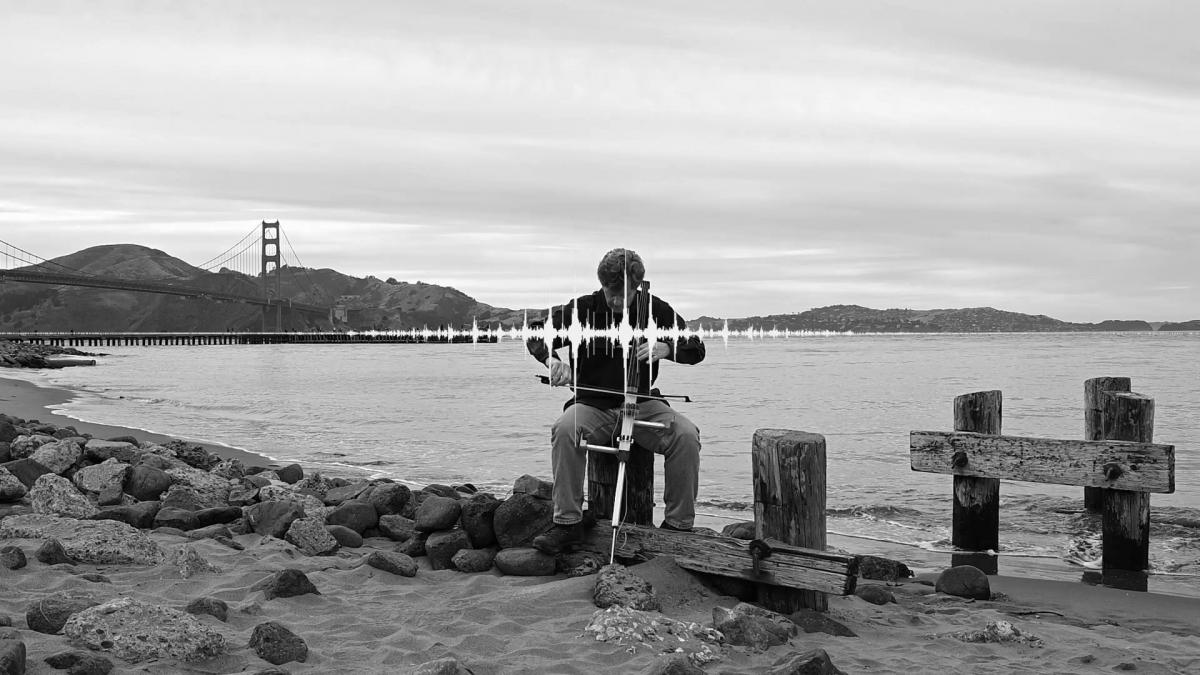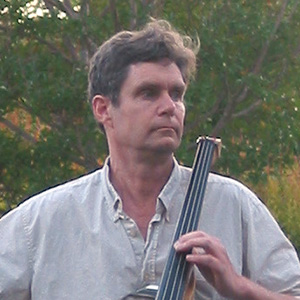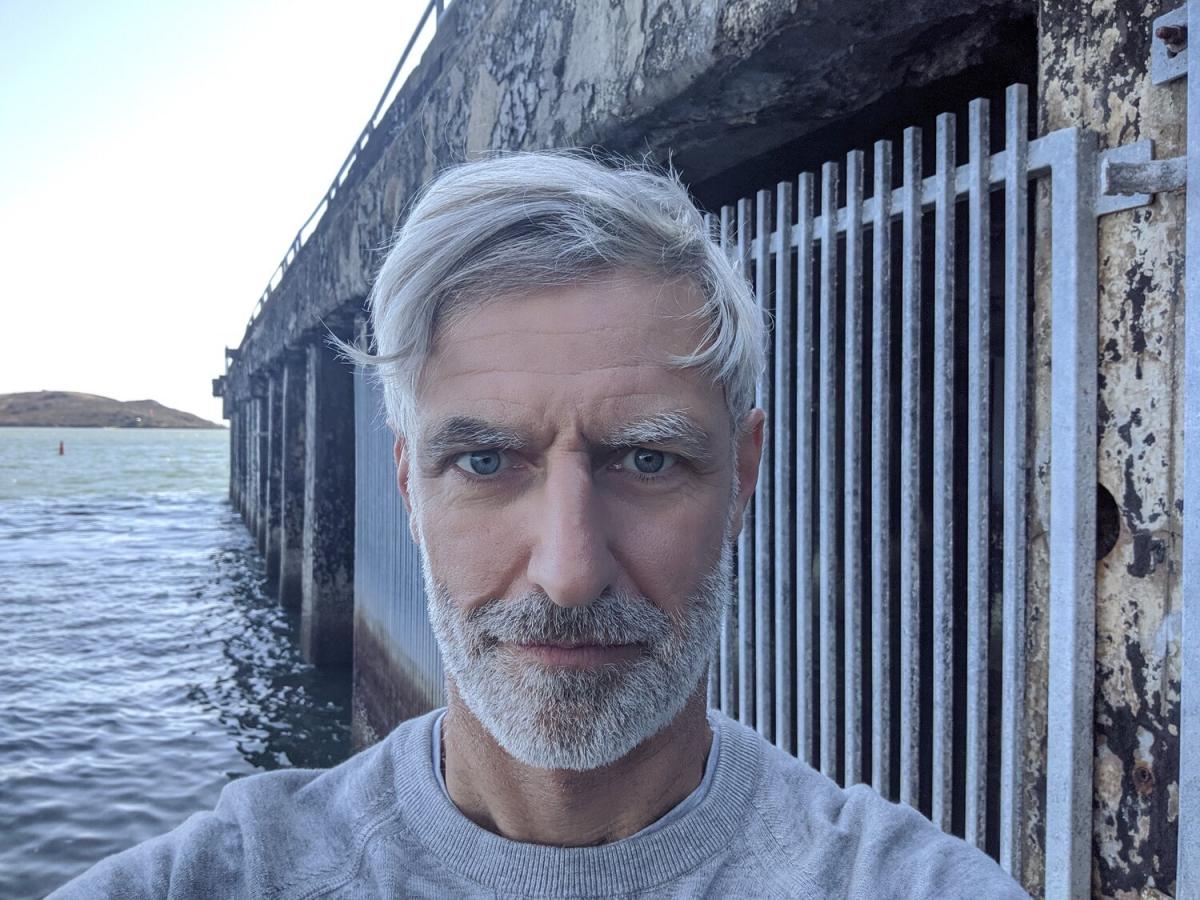Coastal Futures Festival Symposium

Coastal Futures Festival Symposium
The Coastal Futures Conservatory at the University of Virginia presents a symposium on sonification and expression of data and dreams, mediating and meditating upon coastal futures. The symposium is on-line and open to the public. Meeting ID: 918 9692 1556 Passcode: 152452
The Coastal Futures Conservatory at the University of Virginia presents a symposium featuring Chris Chafe & Greg Niemeyer, Joyce To & Louis Pena, Jeremy Muller, and the EcoSono Ensemble. The symposium will center around issues of coastal futures at play in The Metered Tide, a work by Chris Chafe and Greg Niemeyer using sonification of the California Coast. Chafe and Niemeyer will discuss sonification and their collaborative work on sea level rise, and EcoSono Ensemble will perform a new version of the piece. In addition, Joyce To and Louis Pena from Australia will perform Chorale, a piece based on coral reef data. We will welcome reflections from a team of scholars who will have just completed a three-day field residency at the VCR. The symposium will begin and end with movements from Matthew Burtner’s Glisten of Places, a contemplative piece for sonified, geotagged sites and field recordings performed by percussionist, Jeremy Muller.

Chris Chafe is a composer, improvisor, and cellist, developing much of his music alongside computer-based research. He is Director of Stanford University's Center for Computer Research in Music and Acoustics (CCRMA). In2019, he was International Visiting Research Scholar at the Peter Wall Institute for Advanced Studies
The University of British Columbia, Visiting Professor at the Politecnico di Torino, and Edgard-Varèse Guest Professor at the Technical University of Berlin. At IRCAM (Paris) and The Banff Centre (Alberta), he has pursued methods for digital synthesis, music performance and real-time internet collaboration. CCRMA's jacktrip project involves live concertizing with musicians the world over.
Online collaboration software and research into latency factors continue to evolve. An active performer either on the net or physically present, his music reaches audiences in sometimes novel venues. An early network project was a simultaneous five-country concert was hosted at the United Nations in 2009. Chafe’s works include gallery and museum music installations which are now into their second decade with “musifications” resulting from collaborations with artists, scientists and MD’s. Recent work includes the Earth Symphony, the Brain Stethoscope project (Gnosisong), PolarTide for the 2013 Venice Biennale, Tomato Quintet for the transLife:media Festival at the National Art Museum of China and Sun Shot played by the horns of large ships in the port of St. Johns, Newfoundland. (from https://chrischafe.net/about-2-2/)

Greg Niemeyer is a data artist and Professor of Media Innovation in the
Department of Art Practice at UC Berkeley. He's the former director and co-founder of the Berkeley Center for New Media. He started out with studies in Classics and Photography in Switzerland and switched to new media when he moved to the Bay Area in 1992.
He received his MFA from Stanford University in New Genres in 1997. Since childhood, Niemeyer was fascinated with making mirrors, and he still makes mirrors: media which allow us to see things from a new point of view, a point of view that is not our own, revealing both things we want to see and things we don't want to see. We need such mirrors, he maintains, to make better decisions about our lives in context with other humans and with the fragile environments we depend on. (from https://www.gregniemeyer.com/)
The "Metered Tide" video manifests 120 years of sea water level data on the site where that data was collected: The San Francisco Marina. The data is manifested as music, and also in the way the video was edited.
Sea water level data from 1900 to 2019 shows a sea water level increase in San Francisco of almost half a meter. During that time, tides and complex climate events like El Niño created dramatic fluctuations as well. Chris Chafe’s cello music builds on these changes, translating about 120 years of data into 4 and half minutes of music.
The video shows Chris playing that music on his celletto near the site in San Francisco where sea water levels are measured. The sea water level data governs the video edit as well. Each cut in Chris Chafe’s performance, from one camera angle to another, marks a major shift in flood and storm patterns, based on a statistical analysis of the data. A data overlay over the video shows the spectrum analysis of Chafe’s music, aligned with the ocean’s horizon.
All events are subject to change.
For more information call 434.924.3052 or write music@virginia.edu
To see all events in our colloquium series visit https://music.virginia.edu/colloquia